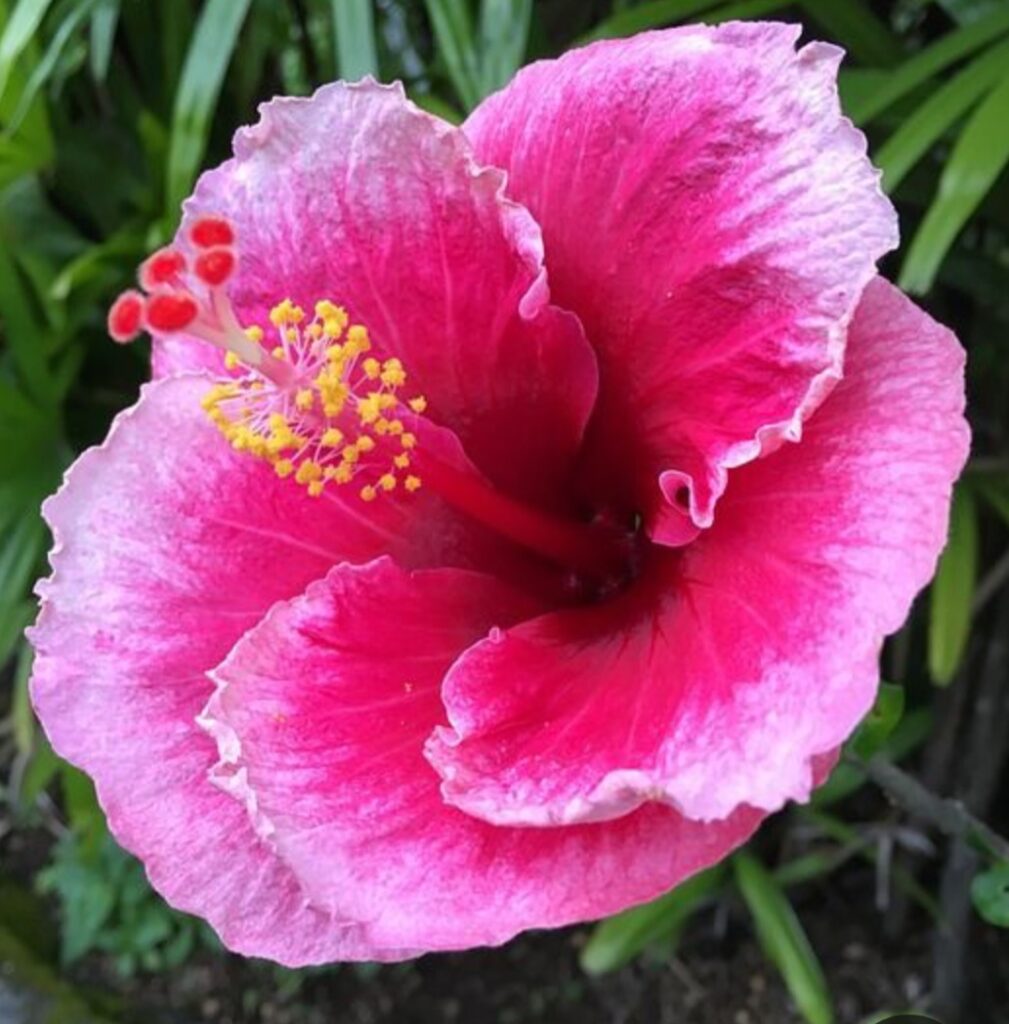
Scientific Name: Hibiscus rosa-sinensis
Local Name in India: Gurhal or Shoe Flower or Jasvanda
Introduction
The Hibiscus plant, known for its exquisite and vibrant flowers, is a beloved addition to gardens and landscapes across India. Its large, colorful blooms and glossy green leaves make it a favorite among garden enthusiasts and nature lovers.
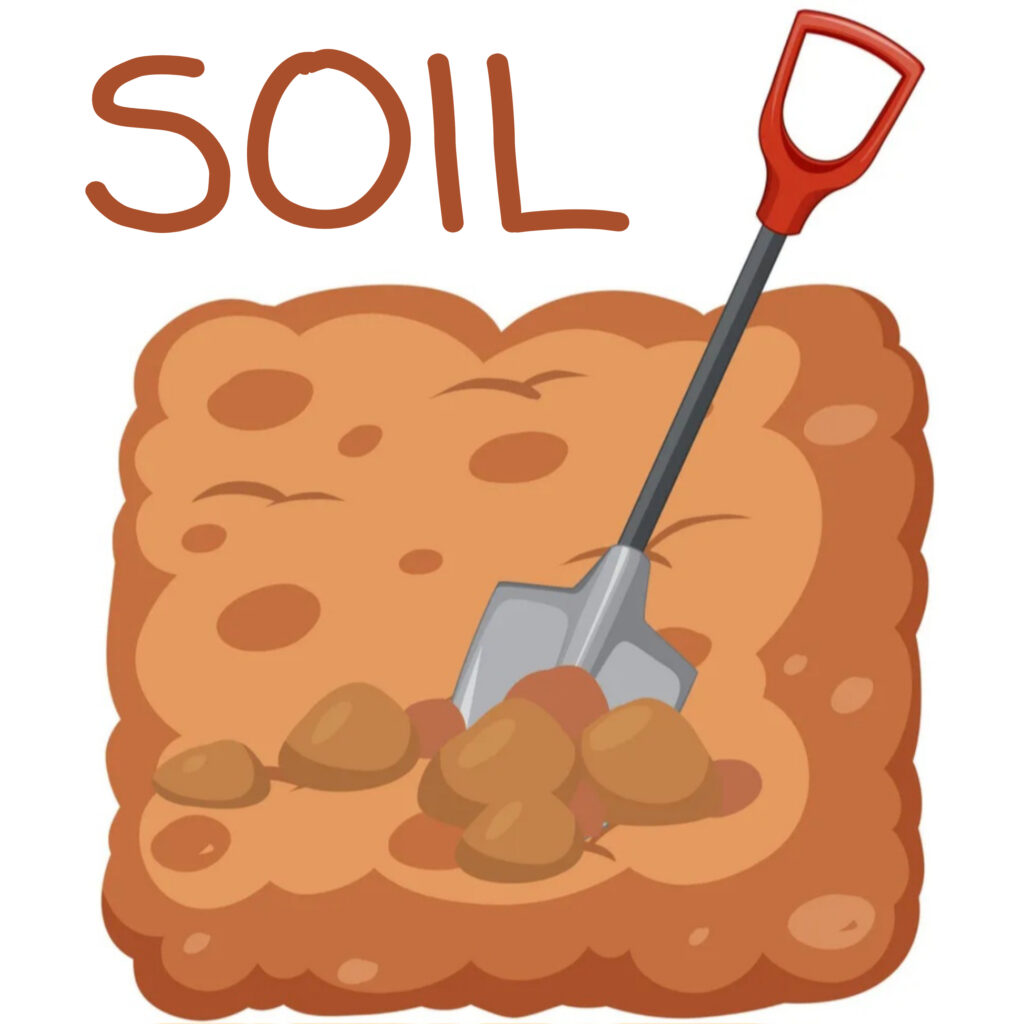
SOIL Requirement
Hibiscus plants thrive in well-draining soil that is rich in organic matter. A mixture of garden soil, compost, and sand works well for these plants. The soil should have a slightly acidic to neutral pH range, ideally between 6.0 and 7.0.
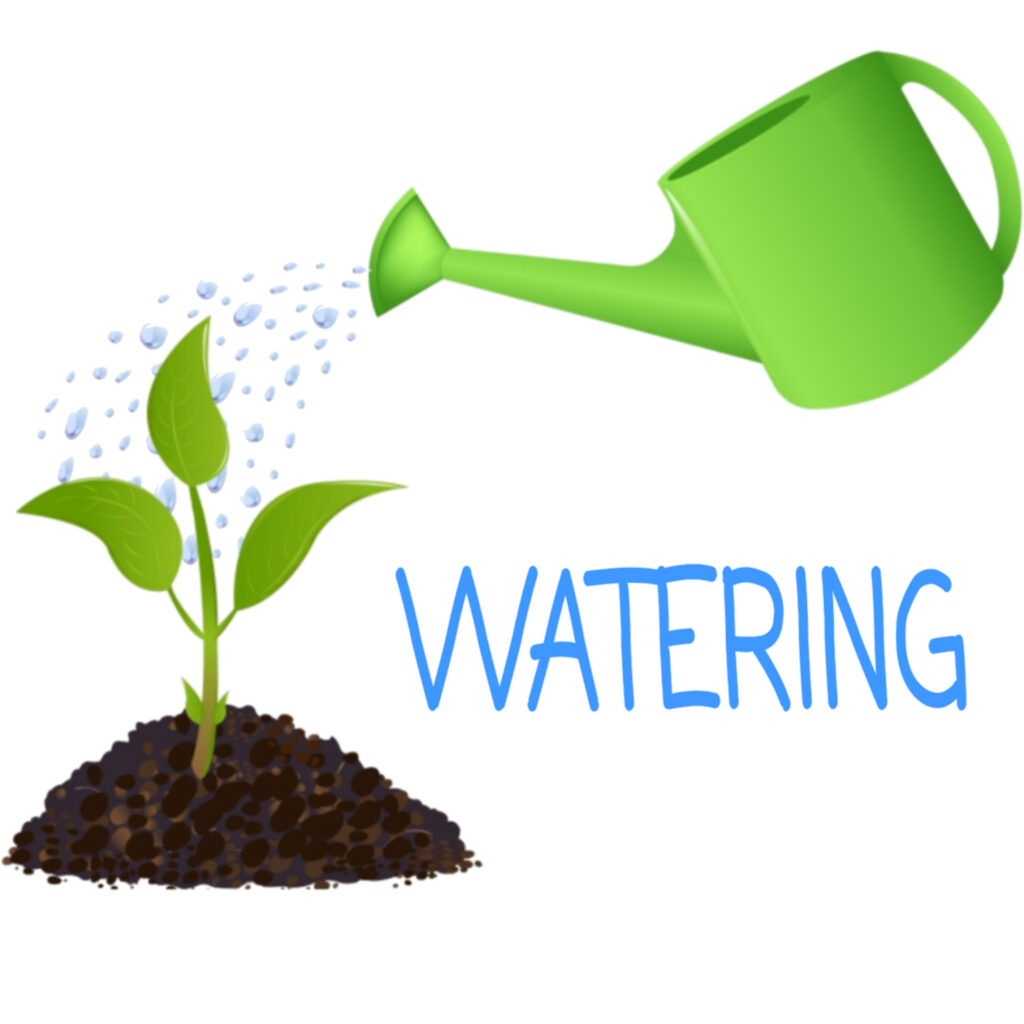
Watering Frequency
Regular and consistent watering is crucial for Hibiscus plants, especially during the flowering season. Water deeply and thoroughly, allowing the soil to dry slightly between waterings. Avoid waterlogging, as it can lead to root rot. In hot weather, you may need to water more frequently to prevent the plant from drying out.

Sunlight Requirement
Hibiscus plants are sun-loving and require plenty of sunlight to produce their signature vibrant blooms. They thrive in full sunlight, so choose a location in your garden where they can receive at least 6 to 8 hours of direct sunlight daily.
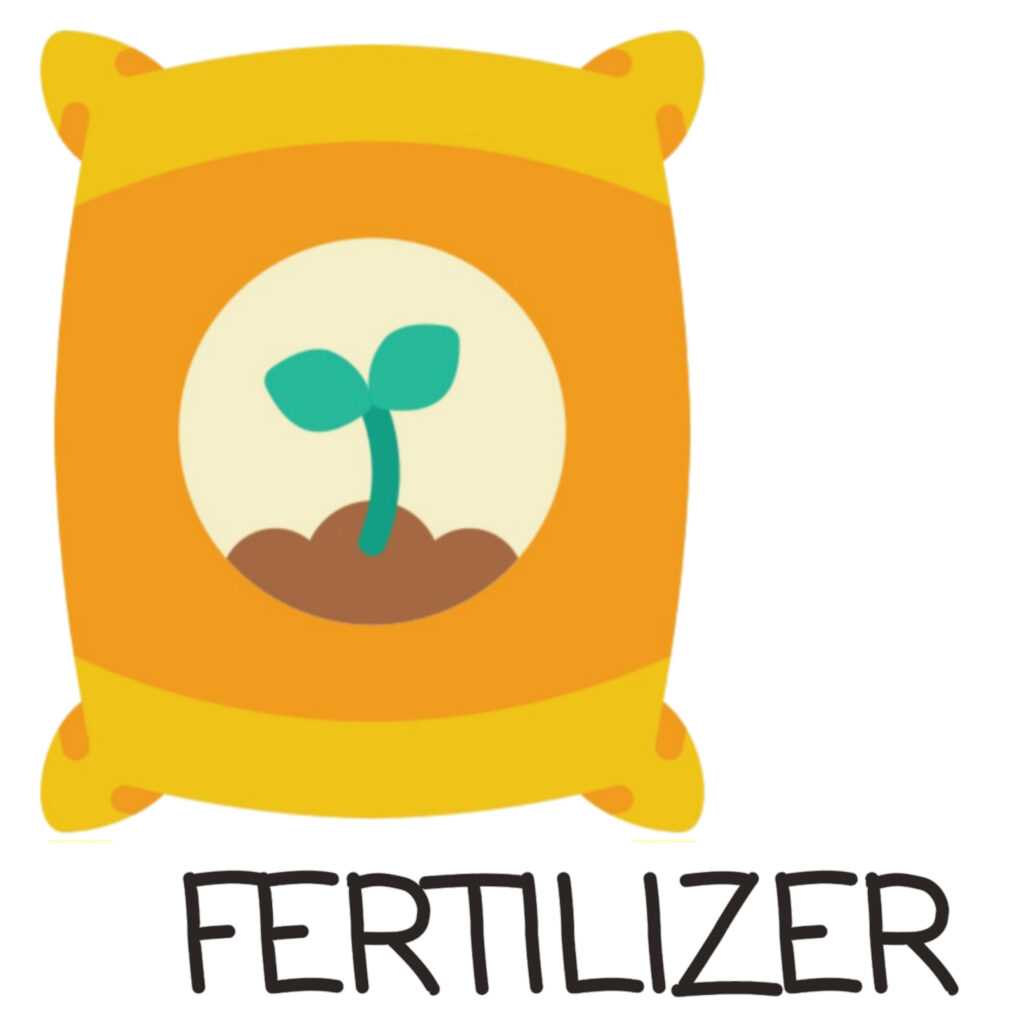
Fertilizer Application
For healthy growth and abundant flowering, consider using *Kulsum Vermicompost Plus* as your chosen fertilizer. This organic fertilizer is enriched with essential nutrients and beneficial microorganisms that promote the overall well-being of Hibiscus plants. Apply the fertilizer once a month, both in pots and garden beds, during the growing season. This regimen will help your Hibiscus plants produce larger and more vibrant flowers.
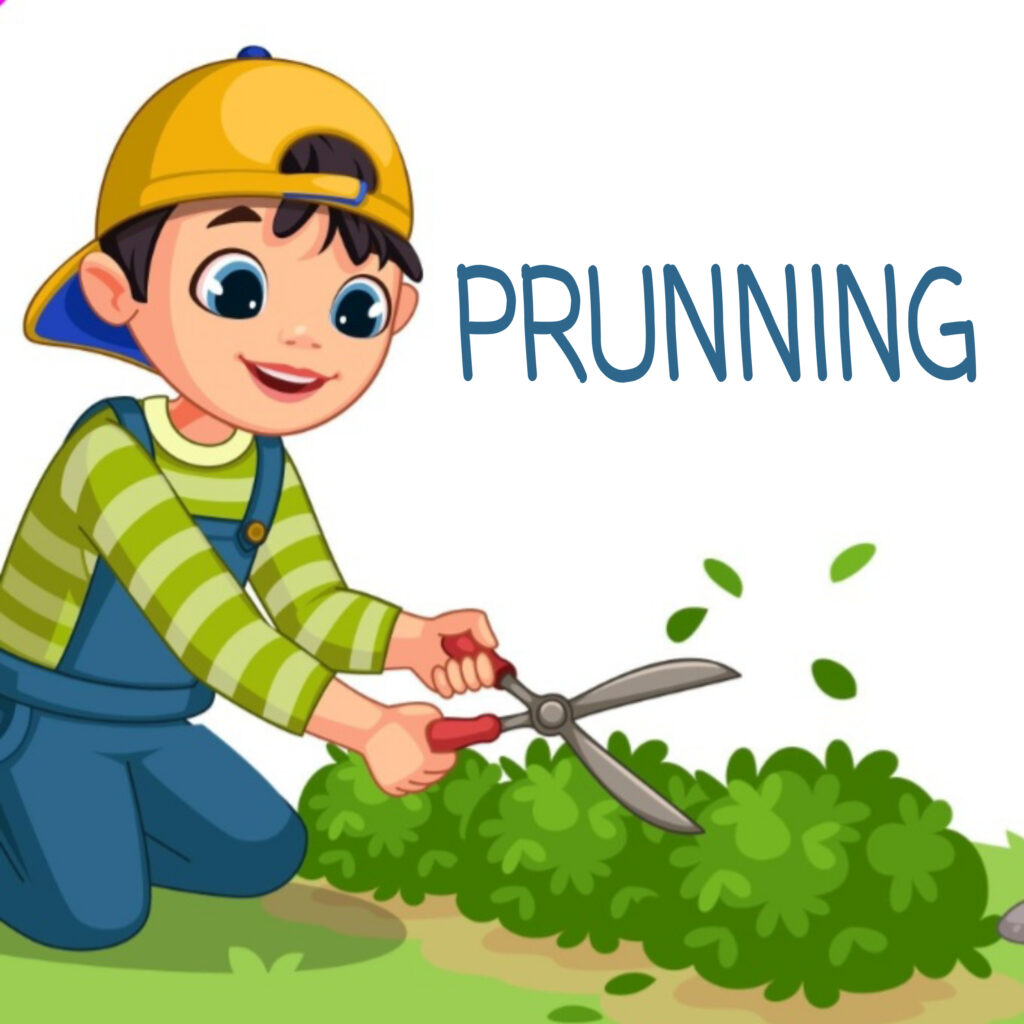
Pruning of Plant
Pruning is important for maintaining the shape and health of Hibiscus plants. Prune away dead or diseased branches, as well as any spent flowers, to encourage new growth and continuous blooming. Regular pruning can also help manage the plant’s size and promote better air circulation.
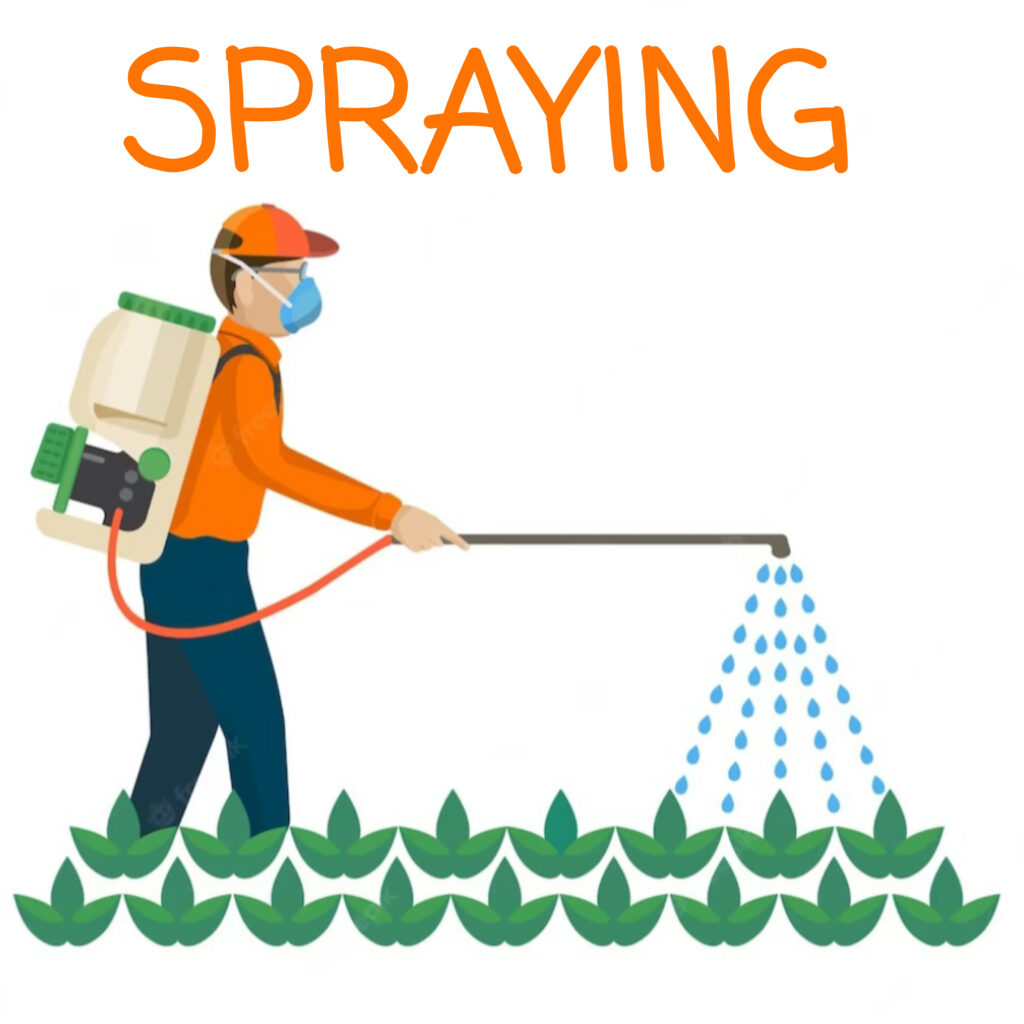
Plant Protection
Hibiscus plants can be susceptible to pests like aphids, whiteflies, and mealybugs, as well as fungal diseases. Regularly inspect the plants for any signs of infestation or disease. To protect your plants, you can use natural remedies like neem oil or insecticidal soap. Proper spacing between plants and good air circulation can also help prevent fungal issues.
